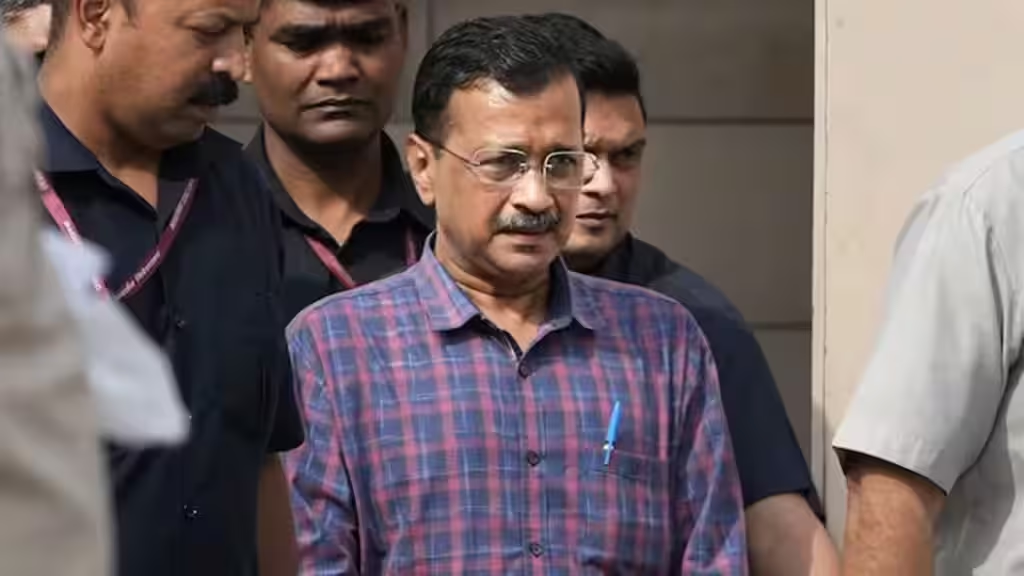A political vendetta?

Considering the sacrosanct nature of the right to life and liberty against the backdrop of Arvind Kejriwal’s prolonged incarceration for 90 days, the Supreme Court bench of Justices Sanjiv Khanna and Dipankar Datta ordered his release on interim bail in money laundering case. Ironically, the incarceration is bound to perpetuate further, thanks to his June 25 arrest by the Central Bureau of Investigation (CBI) on the charges of corruption. While the bench was convinced that the Enforcement Directorate’s arrest of Kejriwal was in accordance with “reasons to believe” under Section 19 of the Prevention of Money Laundering Act (PMLA), it “raised an additional ground which relates to the need and necessity of arrest” under the same section. The ambiguity surrounding this new ground has nudged the bench to refer the matter to a larger bench. The bench also raised questions about the proportionality of Arvind Kejriwal’s arrest. It is pertinent to note that while granting the interim bail to the Delhi Chief Minister (CM), the court clarified “that the observations in the judgment cannot be construed as findings on the merits of the allegations”, adding that application for regular bail can be decided on its own merits.
It may be recapitulated that the case has undergone a chaotic journey thus far. Kejriwal was arrested on March 21 this year and has been incarcerated since then—barring his release on interim bail in the wake of General Elections. A Delhi Court granted him bail in the PMLA case on June 20, as ED failed to furnish substantial evidence against him. This relief was, however, short-lived because the Delhi High Court stayed his release, citing that the Vacation Judge passed the judgement without going through ED's entire material. Before the matter could reach the Supreme Court, there came a new twist in Kejriwal’s legal battle; he was arrested by the CBI on June 26 on charges of corruption—stalling his chances of release.
The abrupt timing of the arrests—both by ED and the CBI—are suspicion-arousing. A Supreme Court bench had earlier questioned the timing of the arrest by ED. Kejriwal’s ED arrest came after almost 1.5 years of the filing of the Enforcement Case Information Report (ECIR), just ahead of the General Elections. Likewise, Kejriwal's CBI arrest came at a time when chances of his release on bail were created.
Upholding the rule of law, and punishing culprits under the legal mandate, irrespective of their socio-political stature, are essential attributes of a functioning democracy. However, to assume and target any person as a culprit, even before judicial proceedings culminate, could be a dangerous thing. In the wake of such possibilities, the judicial process must contend with perceptions of political vendetta. The repeated arrests and alternating court decisions in Kejriwal’s case paint a picture of a legal system caught in the crossfire of political rivalries. A truly impartial investigative process should focus on building robust cases based on concrete evidence, leaving the determination of guilt or innocence to the courts. Senior Advocate AM Singhvi, appearing for Kejriwal, alleged that ED withheld material favouring Kejriwal, prompting the bench to ask difficult questions from ED’s counsel. ED, on its part, has stuck to its claim of having “direct” evidence to establish Kejriwal as the key conspirator in the Excise Policy case.
One has to wait and watch for the verdict of the larger bench. Meanwhile, on July 17, the Delhi High Court is expected to hear two separate pleas by Arvind Kejriwal—one challenging his arrest by CBI and the other seeking his bail in the corresponding corruption case.



